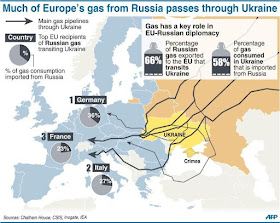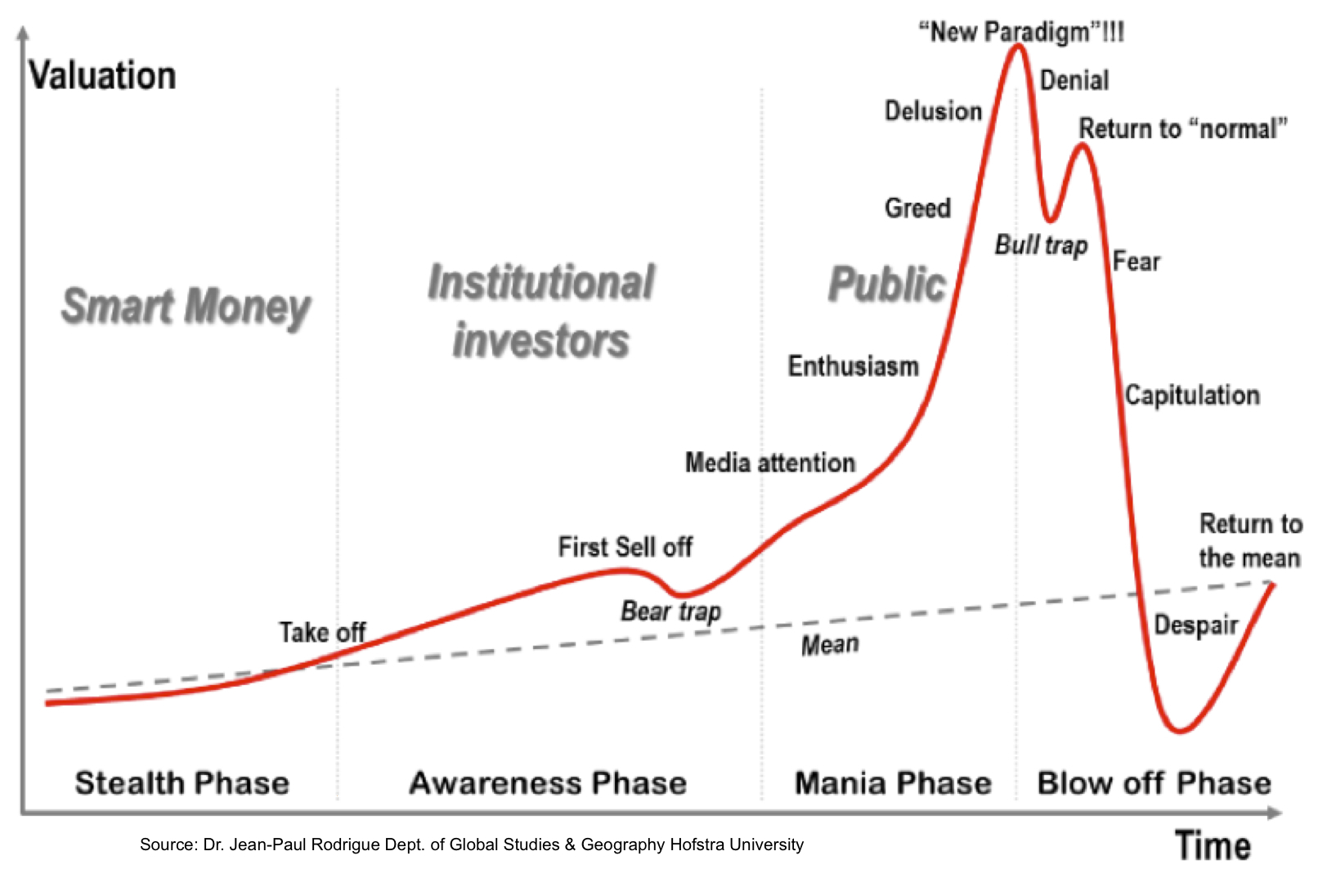 |
| Tensions Are Rapidly Heating Up |
The incident between Russia and several Ukrainian
ships which resulted in the seizure of the Ukrainian ships and naval personnel has brought Ukraine back into the news and been used as an excuse by Ukrainian President Petro Poroshenko to impose martial law over the country for the next 30 days. In addition, Ukraine has called up its reservists and deployed all available troops to join the mobilization in response to warnings and rumors about an imminent Russian invasion
. Addressing fears of heightened tensions between Kiev and Moscow, the
53-year-old said this did not mean a declaration
of war against Russia leaving some cynics thinking this may all be a fabricated crisis aimed at bolstering and galvanizing support for the unpopular leader just before the national election. At this point Ukraine plans to honor the Minsk Agreements they inked with Russia and pro-Russian separatists
in southeastern Ukraine that were designed to stop a war that claimed
more than 10,000 lives since 2014, has displaced over a million people, and destroyed countless lives.
The crisis is the result of self-righteousness President Obama edging Ukraine down a path towards revolution in an effort to upstage Vladimir Putin. Its difficult to say if the double standards exhibited by the White House or what appears to be a total lack of self-awareness by U.S. officials is the most surprising part of the unfolding Ukraine saga.
While the warmongers in Washington continue to charge Putin and Russia with violating Ukraine's sovereignty and territorial integrity that breached international law, do not forget all this comes after the infamous "Fuck the EU" comment by then Assistant Secretary of State Victoria Nuland in the run-up to Ukraine's revolution. The comment revealed the extent to which Washington was recklessly maneuvering to undermine Ukraine's elected pro-Russian President Viktor Yanukovych by backing the Kiev street protesters' demands.
What this boils down to is that American companies want to sell and supply Europe with Liquid Natural Gas (LNG) and seems willing to start a war to make it happen. Whether it is for profit or to
minimize the threat of natural gas shipments to Europe being cutoff and
used as a key weapon in Russia’s political arsenal we cannot ignore the
idea, more is at play here than just doing the "right thing".
Many
people in the "Tin Foil Hat" community have gone so far as to indicate
they feel that America and elements of the CIA were involved or had a
part in the overthrow of the former corrupt Ukraine government and its
replacement with another corrupt but more pro Europe regime. At the time
even America's Vice President,
Joe Biden, saw his son join the board of a private Ukrainian oil and natural gas company.
One thing is clear, not only those involved in selling energy to Europe
will profit from this but also the military-industrial complex stands
to gain.
The odds of U.S. LNG significantly displacing Russian natural gas
shipped by pipeline are slim. Piped gas sells at a large discount to
LNG, which must be cooled to liquid form, shipped overseas and turned
back into its gaseous form. Poland recently received its first shipment
of U.S. LNG last month from what is currently the only export facility
in the lower 48 states.
While
LNG trade between the United
States and Europe would help Trump in his bid to reduce the U.S. trade
deficit it also stands to improve energy security among the European
countries by giving them an alternative to Russian gas. Everyone must
concede it is not a cure-all, Russia can easily cut prices and adjust
terms to maintain its dominant position in the European gas market and
European countries are likely to continue buying most of their gas from
the lowest cost supplier.
It has not been Russia that has taken the lead in promoting violence in Ukraine but those in Kiev who insist on holding the fractured and bankrupt country together by force. Ukraine is
both dysfunctional and bankrupt, this means without outside funding
disguised as "aid" from America and the IMF a resolution would sooner by
reached. Much of this so-called aid is stolen by those in power and the rest goes towards weapons and waging war. Looking back at what has happened in Ukraine during the last
few years of the Obama administration and now that baton has been picked up by the warmongers surrounding Trump we find the money pouring into western Ukraine is funding the war against their
brothers in the East and promising death to those who don't want to be
under their control.
It is a very important starting point to remember Ukraine was and is
a failed state and the fact that Washington is trying to repaint that picture by pointing blame on Russia ignores reality.
While few of us focus on it,
corruption is a great evil across much of the world, according to the UN one trillion dollars a year is paid in bribes and over two and a half trillion dollars are stolen annually through corruption. Sadly, Ukraine is in many ways the poster child of corruption and an example of how hard it is to fight in a country where it has taken root and the ruling elite line their pockets with the money flowing in to support the people.
 |
| America Wants To Sell The Euro-zone LNG |
In reality America has few military options in Russia's backyard unless it has the backing of an enthusiastic NATO but Europe has every reason to be unexcited about what could become a long bloody and expensive conflict. If an actual ground attack does occur the Russians are unlikely to rollover as other armies have upon Americas approach. It could even mean that Europe would face fuel shortages and a massive spike in the price of natural gas. Many EU countries receive around 30% of the natural gas they burn from Russia according to the U.S. Energy Department, this has given Putin a great deal of leverage. As the days of summer past and we move towards fall the thought of a long cold winter time appears on the side of Putin.
To his credit Putin has sat back and allowed violence to fester while he holds the trophy of a bloodless Russia annexation of Crimea which puts a spotlight on the irony that for all the self-righteous huffing and puffing in Washington over Crimea we do not see death and destruction resembling what multiple U.S. led invasions and interventions into several countries in the Mideast has generated. It does not help America's image that many Europeans look upon America as a financial blackmailer that has lost its moral compass and find Trump overbearing. Actions such as backing the Saudis in Yemen and the expanded use of drones while continuing to flout international law by refusing to join or recognize the International Criminal Court developed in 1045 has made few friends for America in the international community.
Americans should also be aware that our current policy drives Russia
towards the East and into the open arms of China creating more
problems long-term than it solves short-term, this borders on the edge of
insanity. Years ago Russia announced what many have called the "Holy Grail" of
energy deals with China that has geopolitical implications for the whole
world by binding the two nations in a commodity-backed axis. Efforts
by the United states and Europe to isolate Russia has caused Moscow to
look eastward for new business such as energy deals, military contracts,
and political alliances. While Russia's economy is rather small it
still has the ability to drive a wedge between its former G20 allies
particularly in the EU.
When it comes down to it we and the people of Ukraine are just pawns in a sad power game similar to the one that displaced millions of people from their homes in Syria. Flooding the country with weapons and
using the people of Ukraine as pawns in this high stakes game violates
all standards of human decency.The war in Ukraine has not developed organically but appears
to be the product of meddling. Mercenaries and money from America appear
to be backing and propping up Kiev with America acting as the
"champion" for this failed bankrupt country. The best way for the West
and Kiev to prove they are on the right path is by letting the eastern
part of the country seceded and then making Kiev a center of economic
and democratic success.
Ukraine has the potential to become the worst east-west crisis since the end of the Cold War, remember Putin is an unredeemed Cold War throwback and one tough cookie and he is prepared for the crisis to get very ugly. Similar battles elsewhere on Russia's periphery, in Georgia, Moldova, Armenia, Nagorno-Karabakh and maybe Belarus and the Baltic states have hardened Putin. Whatever they think in Washington, and whatever the financial markets say, it's working for him with polls showing his popularity remains strong at home. One of these days western leaders will learn to stop under-estimating him, and recognize Russia's leader as the canny, dangerous, and unyielding opponent he is.


















